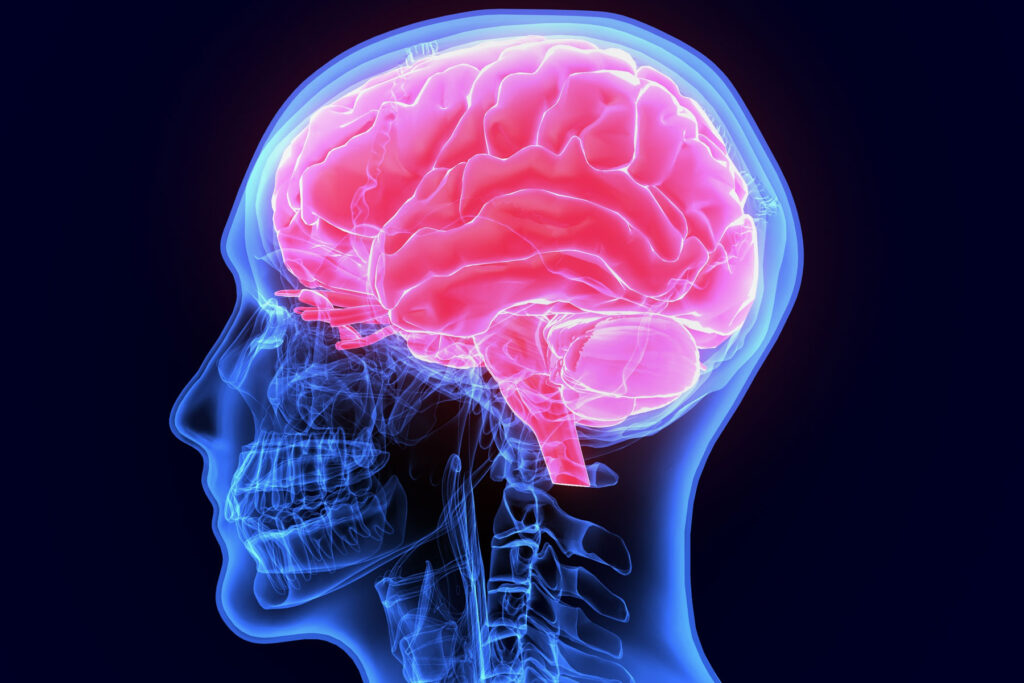Opioid addiction is a matter of global concern. Though opium and opium-derived drugs like heroin have been around for a long time, the epidemic of opioid abuse and addiction ramped up exponentially thanks to lab-synthesized medications like oxycodone and fentanyl. Both have medical applications but are widely abused as well.
The long-term effects of opioids are significant. Like all psychotropic drugs, opioids interfere with the normal functioning of the brain. At first, it means a euphoric high, but over time, the brain loses some ability to do many of its jobs properly. If you or a loved one are struggling with opioid abuse, consider contacting The Right Step Houston online or calling 1.844.768.0169 to learn more about our opioid addiction treatment program. Enrolling in rehab can help you or a loved one begin recovery from opioid dependence. Many, and sometimes all, of the effects of the drug can be rolled back over time.
How Opioids Affect the Brain
The brain is the driver of the whole body. It takes care of involuntary functions like heartbeat, digestion, and breathing without our awareness. Your brain also determines the rest of what happens in your body. So everything from feeling pain and pleasure to making choices, learning things, falling in love, and being good at math or reading is controlled by that two-part gray organ inside your skull.
Opioid use and addiction interfere with the smooth functioning of the brain because the drugs fool the brain into thinking they are a naturally occurring chemical that interacts within the brain. The feedback loop between certain neurotransmitters, such as serotonin or endorphins, and the brain is disrupted when opioids are introduced.
The disruption eventually leads to tolerance and addiction, meaning more of the drug is needed because the brain has shut down its production of those chemicals in response to the overload of an outside chemical—opioids. Those who are dependent on opioids can no longer do some of the standard functions that the brain handled before. Now, access to the drug is the only way they can:
- Manage stress and anxiety
- Focus
- Feel pleasure
- Make decisions
Over time, opioids will cause changes to the physical structures within the brain and can lead to loss of the brain’s white matter, which helps the brain process the flood of information it receives every second. Its loss can slow down thinking and create a permanent kind of brain fog.
Other Long-Term Effects of Opioids
Opioids are powerful, and some highly potent versions of this drug, like fentanyl, can trick your brain quickly into tolerance, leading to dependence and addiction. The long-term effects of opioids include mental health challenges, for example, depression and anxiety, as the brain fails to regulate emotions and the rollercoaster of withdrawal and satiety wreaks havoc.
Other long-term side effects include:
- Hormonal system imbalance
- Miscarriage
- Liver disease
- Kidney disease
- Cardio-pulmonary disease
- Infertility
Many people administer opioids intravenously, which can result in serious health issues such as hepatitis, HIV, sepsis, and major infections. Additionally, those who snort these drugs may face complications like chronic post-nasal drip, a deviated septum or perforated nasal cavity, loss of smell or taste, and difficulty swallowing.
The worst outcome of opioid abuse is overdose, which can lead to death. If you or someone you care about is struggling with an opioid use disorder (OUD), seek information about opioid addiction treatment.
Connect with The Right Step Houston and Start Opioid Addiction Treatment in Texas Today
At The Right Step Houston, we offer evidence-based treatment in both inpatient and outpatient programs. Our medically supervised detox provides the safest and least uncomfortable withdrawal. Know that you will be in good hands at The Right Step Houston. Contact our team online or call 1.844.768.0169 today to learn more.

